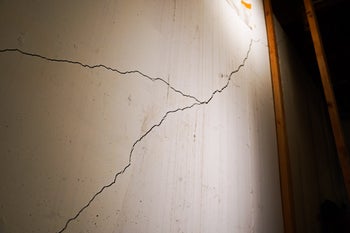How to Fix a Crumbling Foundation
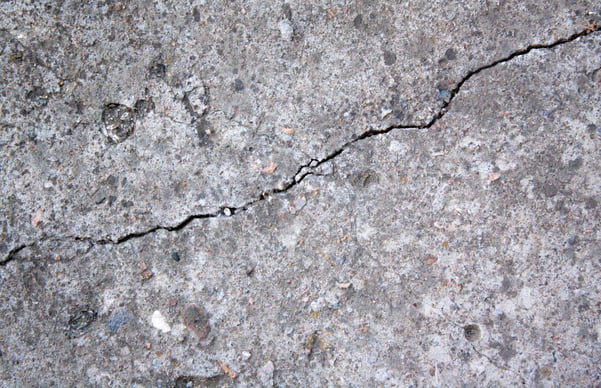
Concrete foundations provide stability and support for your entire home. However, over time, even the sturdiest concrete can start to crumble. This deterioration can be caused by a variety of factors, including poor-quality materials, exposure to moisture, and the natural wear and tear that comes with aging. Understanding the reasons behind crumbling concrete is critical for homeowners to protect their homes and avoid bigger problems in the future.
When a concrete foundation begins to crumble, it’s a sign that the structure’s integrity is at risk. If left unaddressed, this issue can cause significant damage to the entire home. Fortunately, there are several effective methods to repair and reinforce a crumbling foundation. This article will explore the causes of concrete deterioration, the signs to watch for, and the steps homeowners can take to address the problem before it escalates.
What Causes Foundations to Crumble?
There are several reasons your concrete foundation may start to crumble. Here are four common causes:
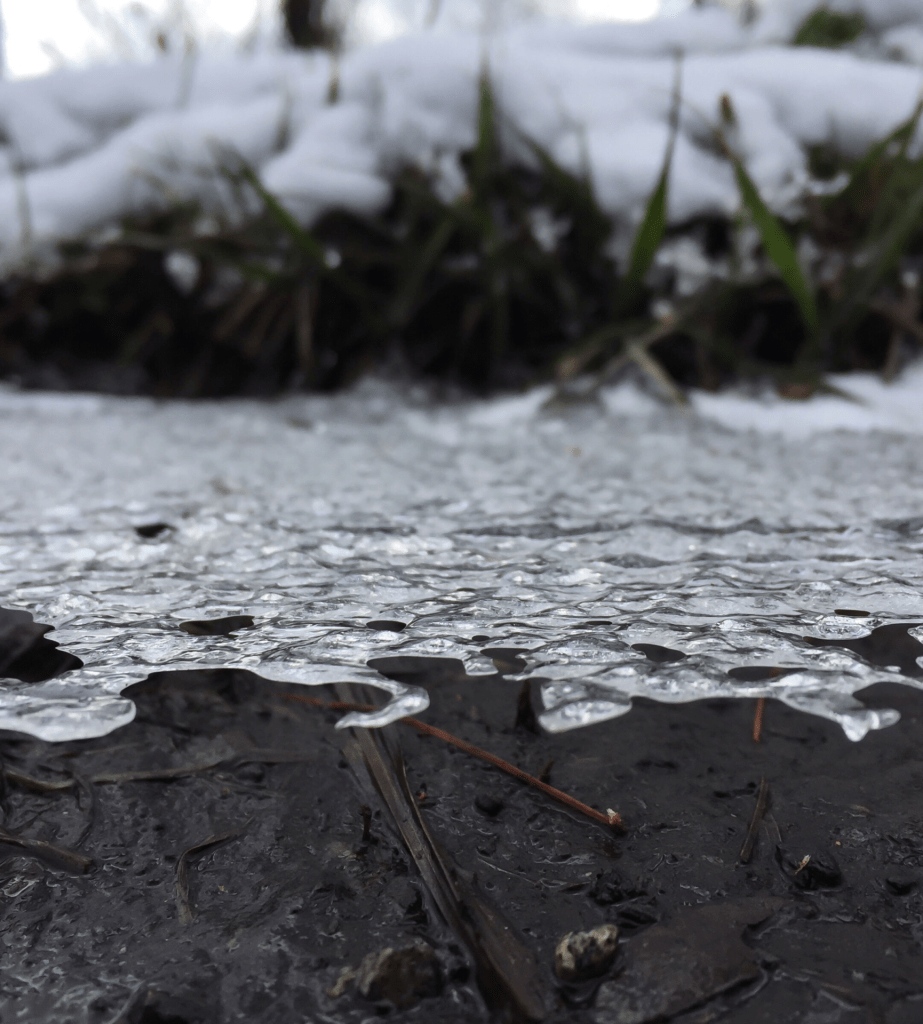
1. Freeze-Thaw Cycles
Concrete is porous and absorbs water. When water trapped inside the concrete freezes, it expands and pushes the cement binder apart, causing it to crumble. This cycle of expansion and contraction weakens the concrete over time. In areas with unpredictable year-round weather, this is a big concern.
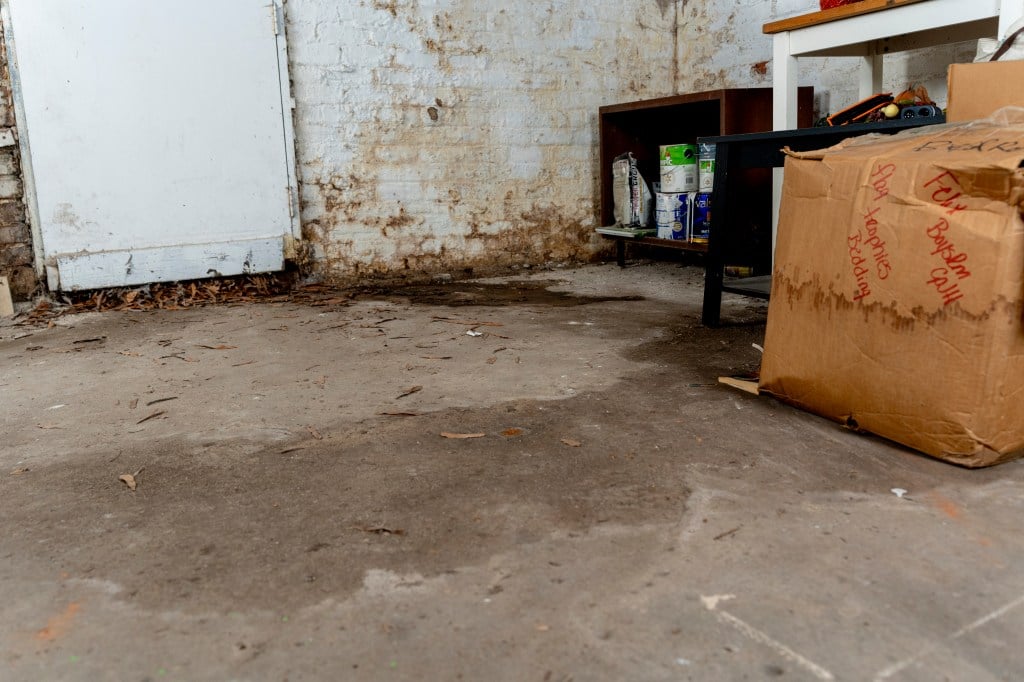
2. Water Issues
Water issues like basement leaks or poor drainage around the home can cause foundations to crumble. Alternatively, adding excessive water to the concrete mix weakens the chemical bonds, resulting in a less durable surface that’s prone to crumbling. That’s why it’s crucial to use the correct ratio when mixing.
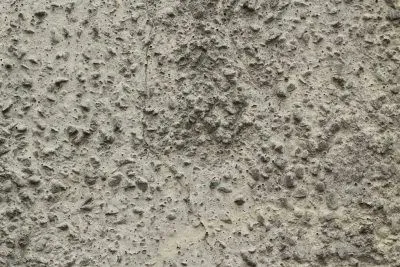
3. Poor or Aged Concrete
As concrete ages, it naturally deteriorates, which can manifest as crumbling, chipping, or flaking. Additionally, older or cheaper foundations are often composed of lower-quality concrete mixed with various on-site materials, leading to crumbling foundations that may require repair or replacement.
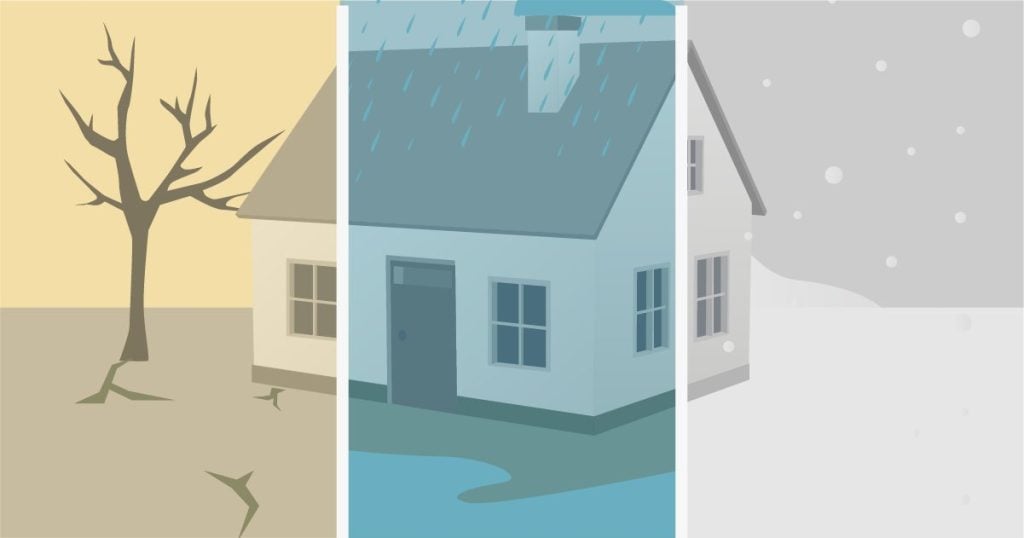
4. Environmental Factors
Foundations in wet soils are more susceptible to damage compared to those in dry, sandy areas. Proximity to busy roadways increases the risk of frost damage, which can lead to crumbling. Humidity can also weaken concrete over time, eroding its framework and causing decomposition.
Common Foundation Warning Signs
A crumbling concrete foundation is often accompanied by several other red flags that can indicate serious foundation issues. Keep an eye out for the following:
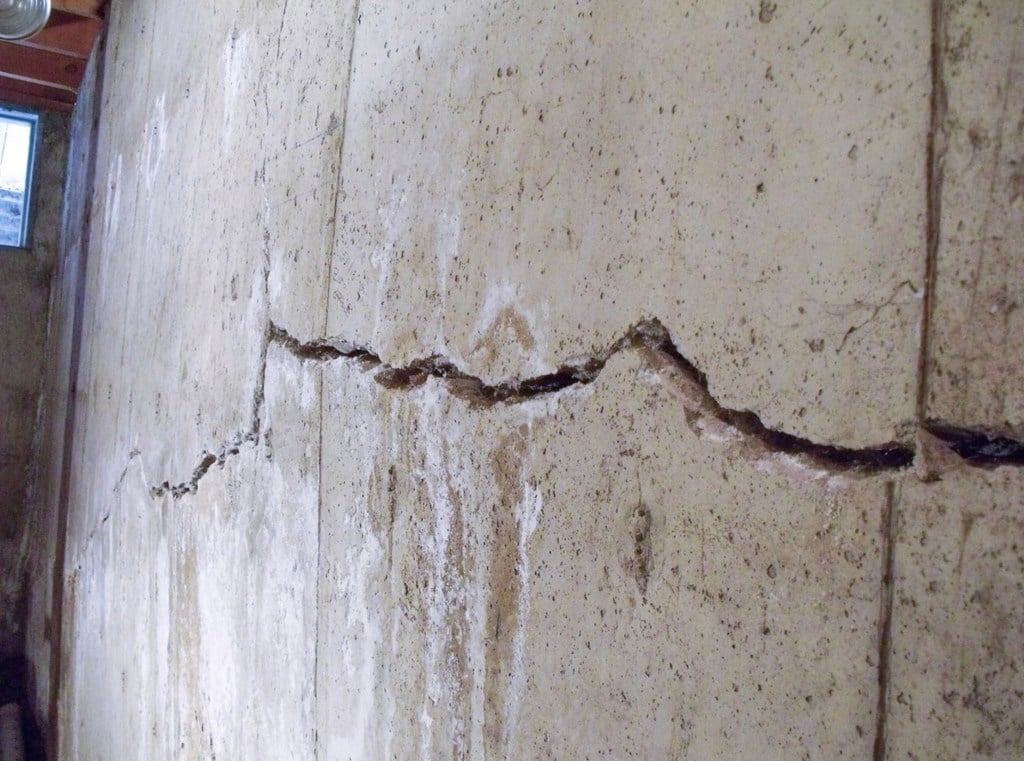
- White powder coming off the foundation when touched
- Brittle joints in concrete block foundations
- Exterior cracks in brickwork or masonry
Is a Crumbling Foundation Serious?
A crumbling concrete foundation is a serious issue that can compromise the structural integrity of your entire home. When the foundation starts to deteriorate, it loses its ability to support the weight of the building effectively, leading to potential settling, uneven floors, and even wall cracks. If left unchecked, these issues can escalate, causing significant damage to your home and posing safety risks to its occupants.
Addressing a crumbling foundation promptly is crucial to prevent further deterioration and avoid costly repairs. Early intervention with the help of a professional can stabilize the foundation, repair the damage, and reinforce the structure. Ignoring the problem not only increases the likelihood of more severe damage but can also reduce your home’s value and make it more difficult to sell in the future.
Can You Fix a Crumbling Foundation?
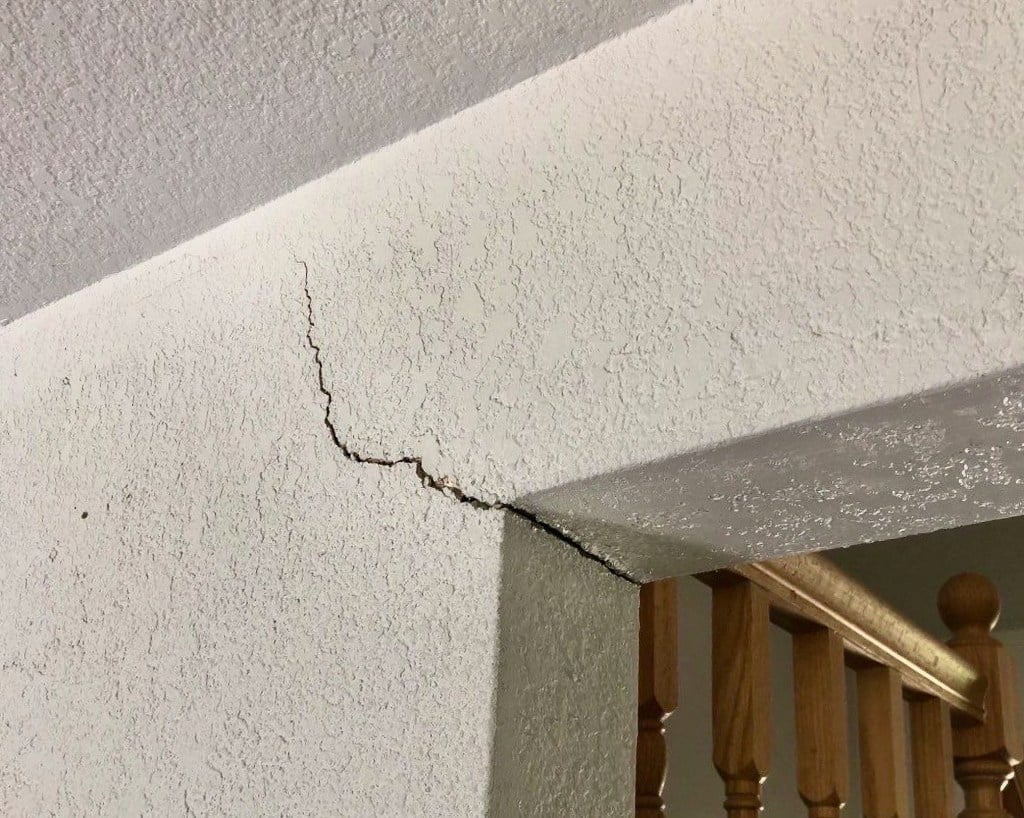
Foundation repair is a complex process that requires specialized knowledge, tools, and techniques to ensure the stability and safety of the home. DIY repairs might provide a temporary fix, but they often fail to address the underlying issues, leading to further damage and potentially more costly repairs down the line.
Consulting a professional is the safest and most effective way to handle a crumbling foundation. Experts can accurately diagnose the cause of the problem, recommend the best course of action, and perform the necessary repairs to restore the integrity of the foundation. This approach not only ensures the job is done correctly but also provides peace of mind that your home is safe and secure.
How to Repair a Crumbling Foundation
The best method to repair a crumbling concrete foundation depends on the extent of the damage. Minor cracks and surface deterioration can often be addressed with targeted repairs, such as patching, resurfacing, or reinforcing with carbon fiber support strips to prevent further damage. These repairs are generally less invasive and more cost-effective, making them a good option if the structural integrity of the foundation is still largely intact.
However, if the foundation is severely compromised with widespread cracking, crumbling, or signs of significant structural failure, more extensive repairs may be necessary. Solutions like wall anchors or steel support braces can help shore up the structural integrity of the foundation. Consulting with a foundation expert is crucial in making this decision, as they can assess the severity of the damage and suggest customized solutions based on the condition of your foundation.
Contact Groundworks for Expert Foundation Repair
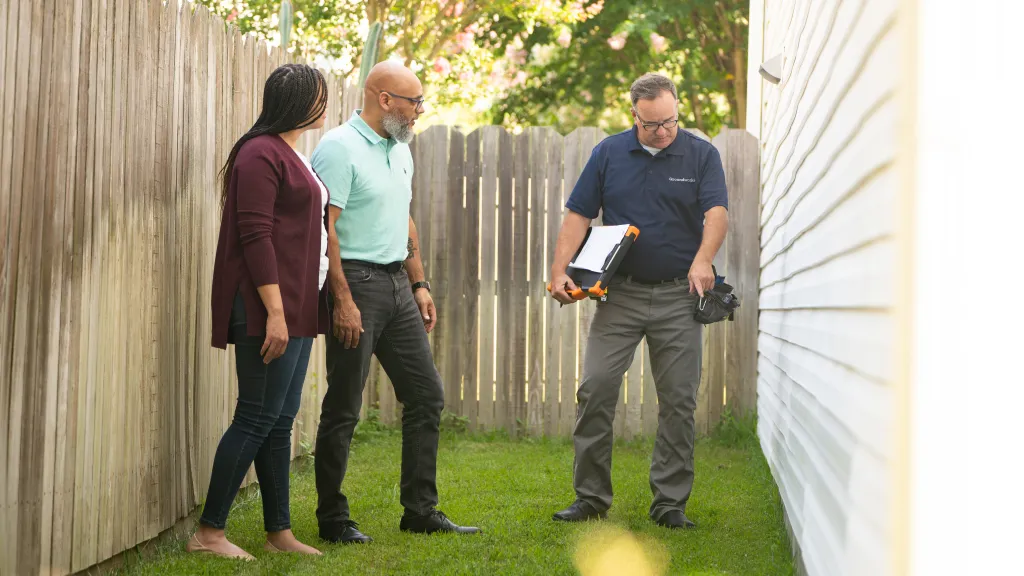
Crumbling foundations are a serious issue, as they can indicate underlying structural problems. It’s vital to address them promptly to prevent further damage and maintain the integrity of your home.
The experts at Groundworks can help you identify the root cause of your crumbling concrete foundation and develop a tailored solution that meets your needs. Contact us today to schedule a free, no-obligation foundation inspection.
Foundation Problem FAQs
No, foundation problems can occur in both older and newer homes. However, older homes may be at higher risk due to wear and tear over time. Ultimately, the type of foundation and soil conditions on your property play the biggest role.
Structural cracks can compromise the safety of your home, so it’s important to have them inspected and fixed by a professional as soon as possible. Depending on the severity, repairs may be necessary to ensure the house stays safe.
It’s a good idea to have your foundation inspected every few years, or more frequently if you notice issues like uneven floors, cracks in walls, or sticking doors and windows. Regular inspections can catch problems early before they become more serious.

